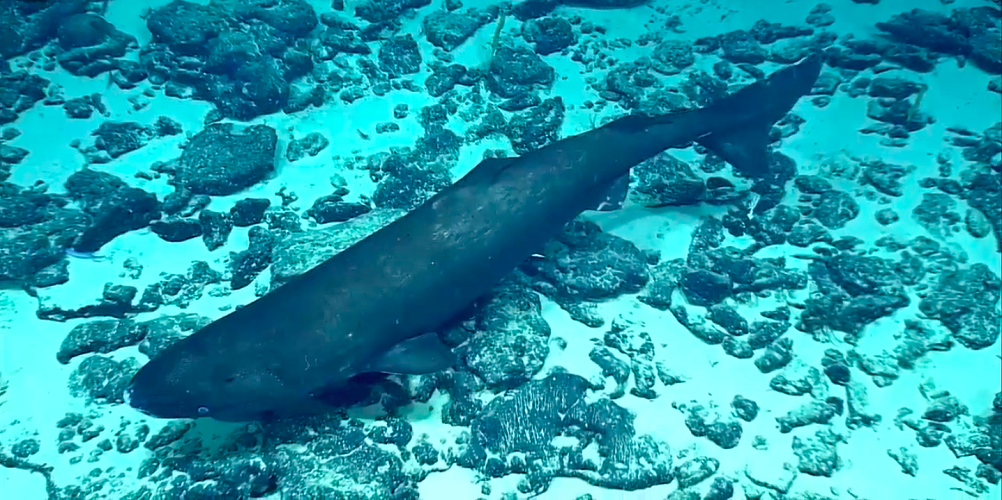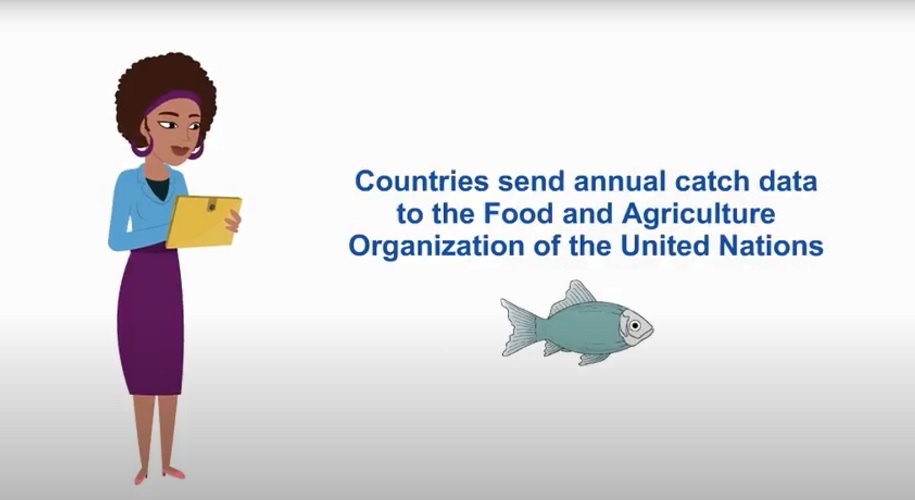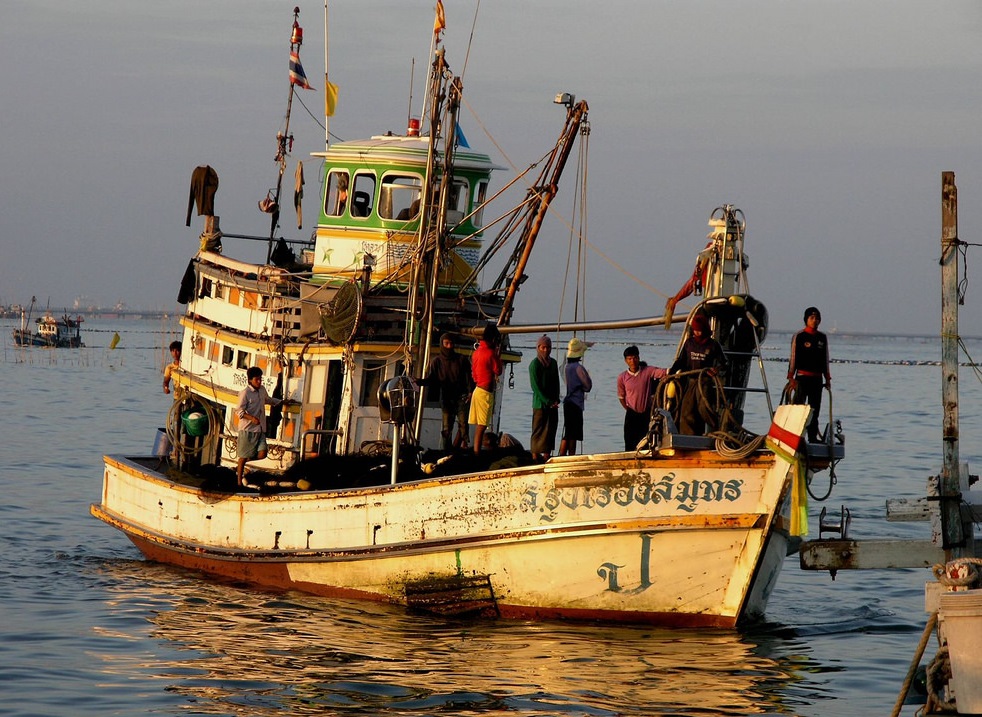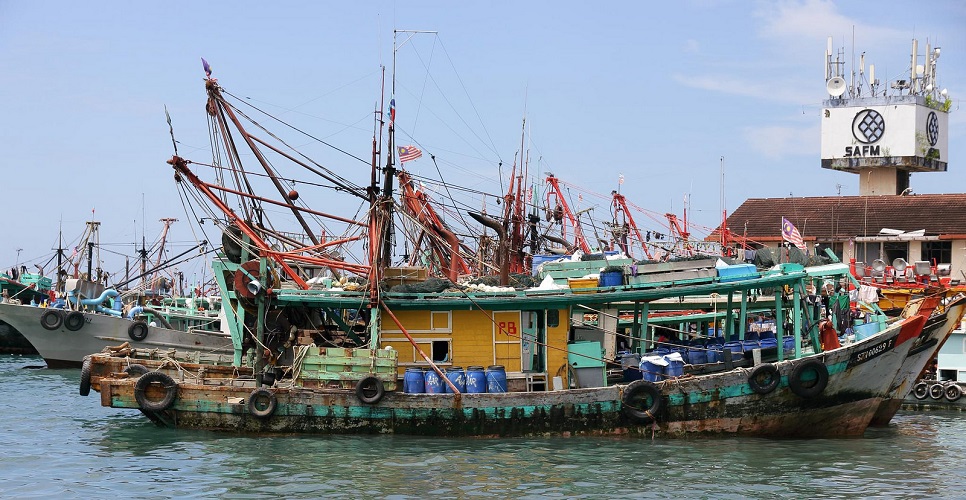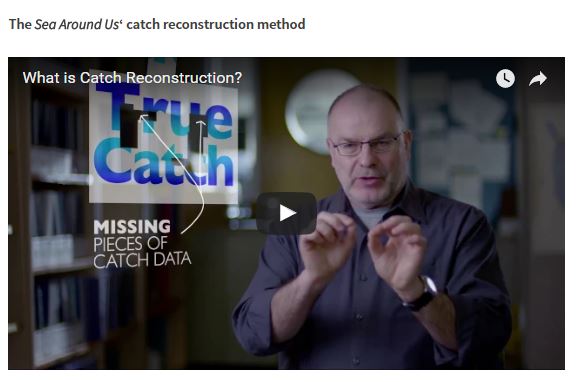Bottom trawling is causing “boom and bust” fisheries.
A new study using the Sea Around Us’ reconstructed catch data reveals that in the past 60+ years, the practice of towing giant fishing nets along the sea floor has caused the extraction of 25 million tonnes of fish that live 400 metres or more below sea level leading to the collapse of many of those fish populations.


